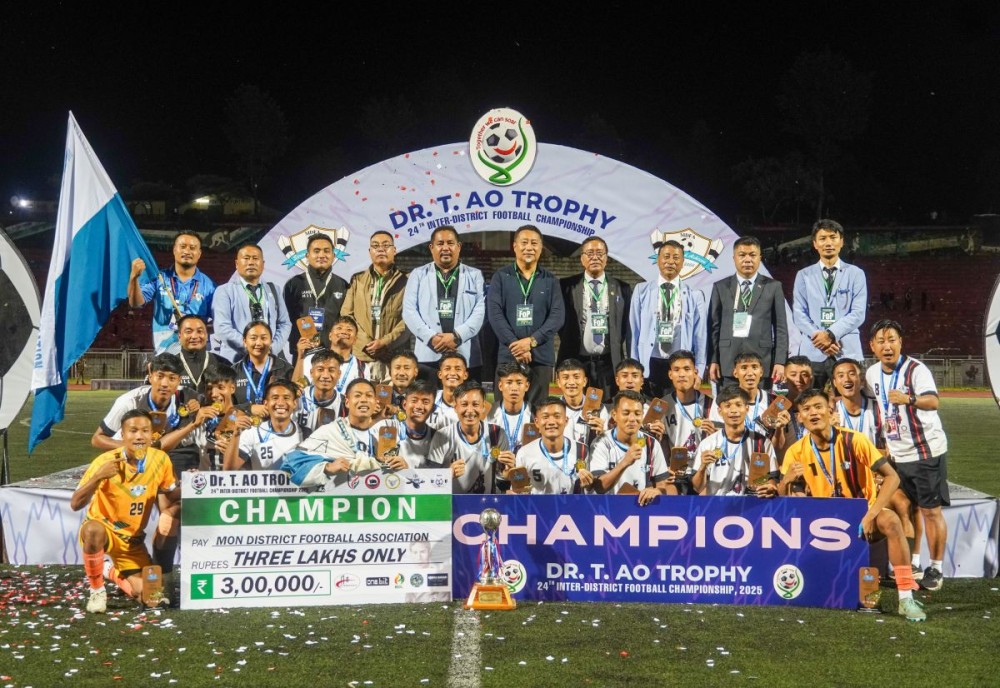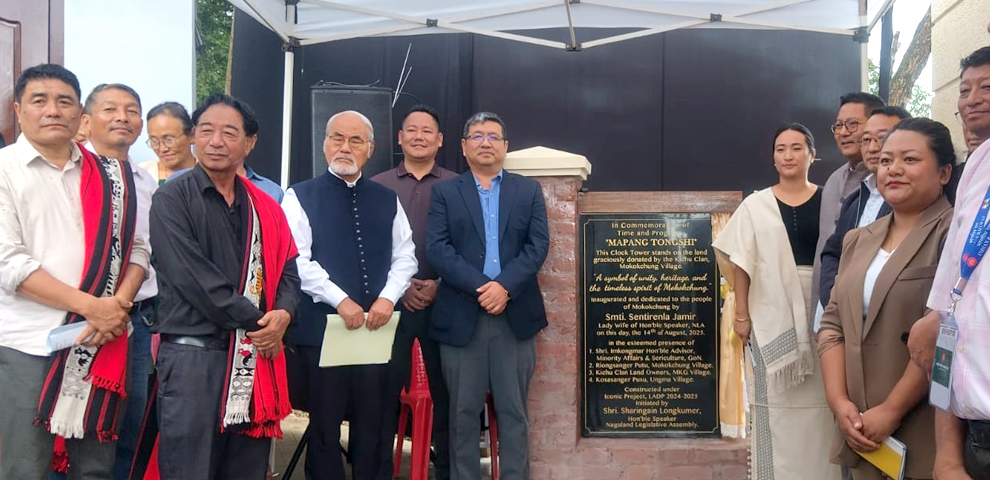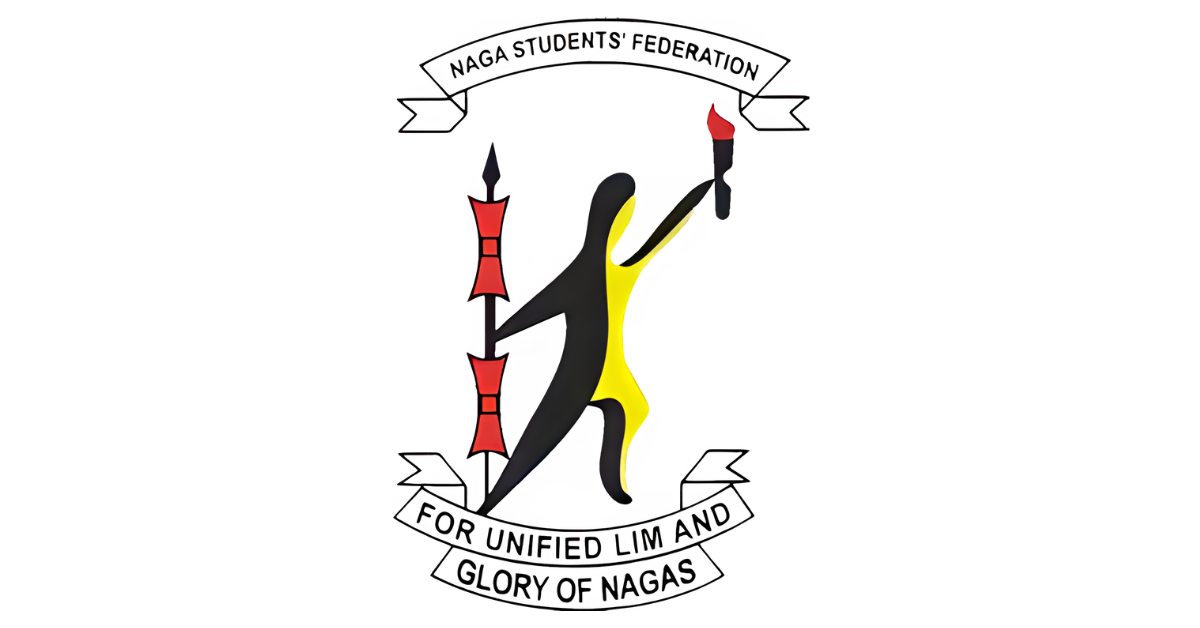Nagaland Zeliang People Organisation (NZPO) backs Nagaland’s new Reservation Review Commission, calling it a timely step to fix long-running gaps in government jobs among tribes and to ensure fair chances for those left behind. The organisation thanked Chief Minister Neiphiu Rio and urged a thorough, time-bound review that leads to practical remedies across the system.
Nagaland’s early leaders saw sharp differences in education and income among tribes and introduced reservation to support disadvantaged groups, which helped many secure government jobs and work alongside communities from more advanced areas over the decades, the NZPO noted.
Also Read: 5 Tribes CoRRP to boycott govt. events amid reservation review row
Even so, the group said a wide gap still separates advanced and backward tribes in representation, pointing to figures shared in local papers on June 12, 2025, as proof that the policy must be applied in “letter and spirit” for justice to prevail.
The NZPO said the Commission should study every aspect of reservation and craft an arrangement that ensures fair opportunities for backward and less privileged communities across services and grades. Such steps, it added, would help less privileged groups catch up while strengthening their sense of belonging, similar to how Scheduled Castes and Scheduled Tribes benefit from reservations nationally. The call comes as civil society discussions highlight contrasts in employment data and demand clarity, balance, and equity in any changes to the policy framework.
The state government recently decided in principle to constitute a commission to examine all aspects of the reservation policy, following cabinet-level discussions in June, amid protests and appeals from tribal bodies for a comprehensive reset.
Also Read: ChatGPT boss warns against using AI as primary information source
Against this backdrop, the NZPO urged the Commission to “leave no stone unturned” in verifying ground realities and recommending strong, fair measures to reduce the gap between privileged and less privileged groups in government employment.
The organisation expressed confidence that the present government would make wise decisions on matters of high importance and adopt a just policy in the interest of deserving underprivileged classes. It also pressed for a complete, evidence-based approach that studies all facets of the current system and leads to equitable opportunities for communities that remain underrepresented in public service.




